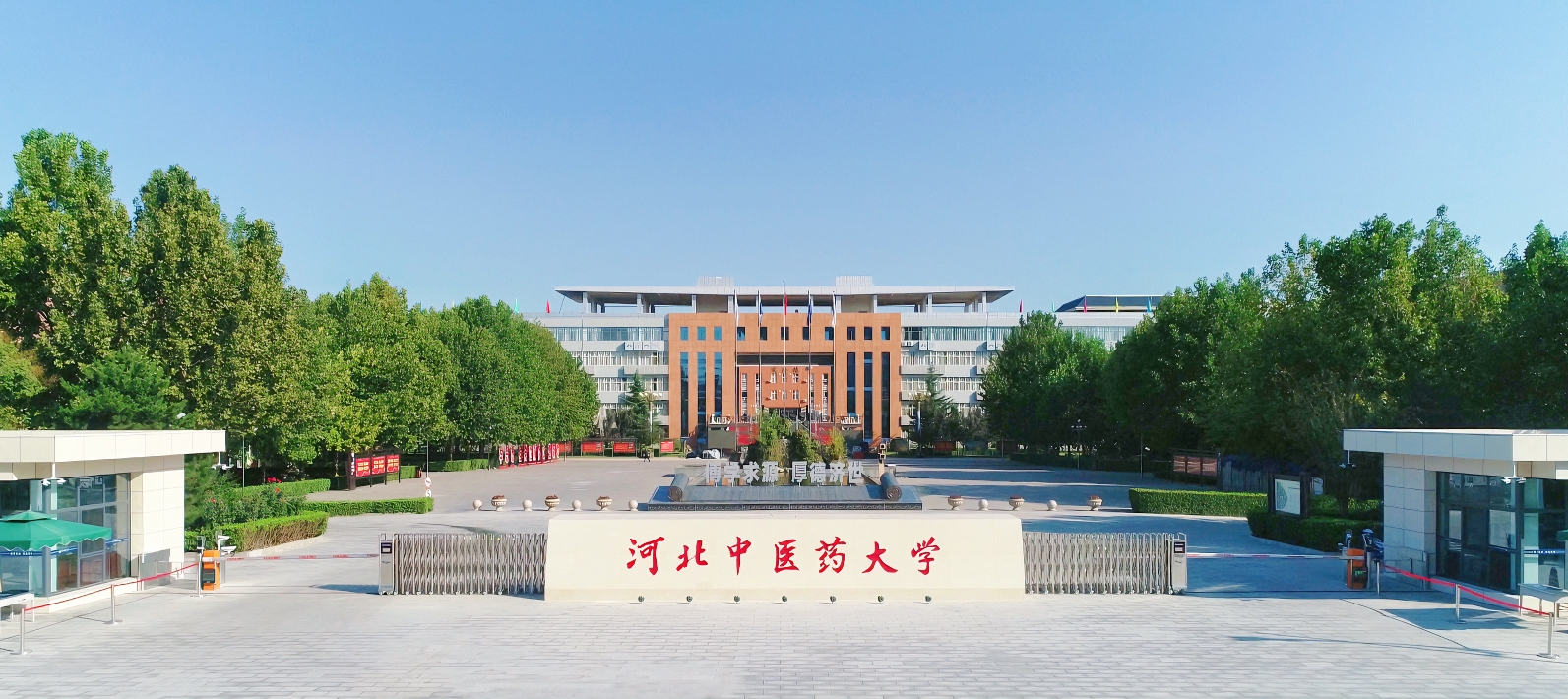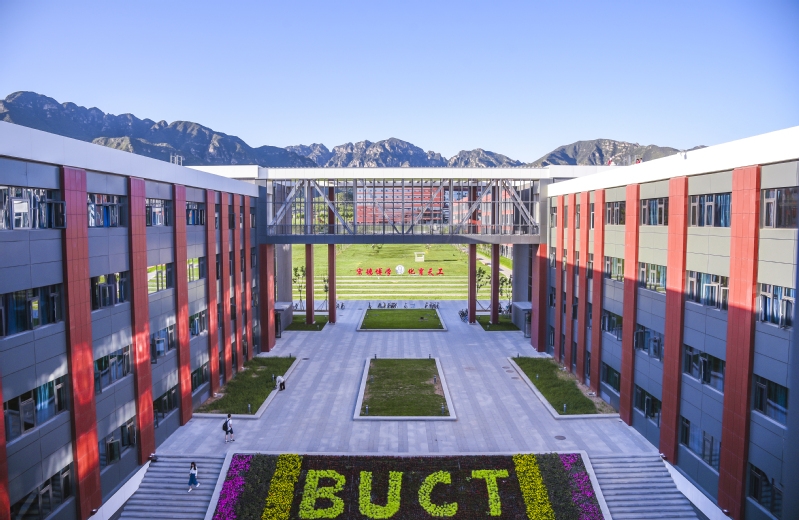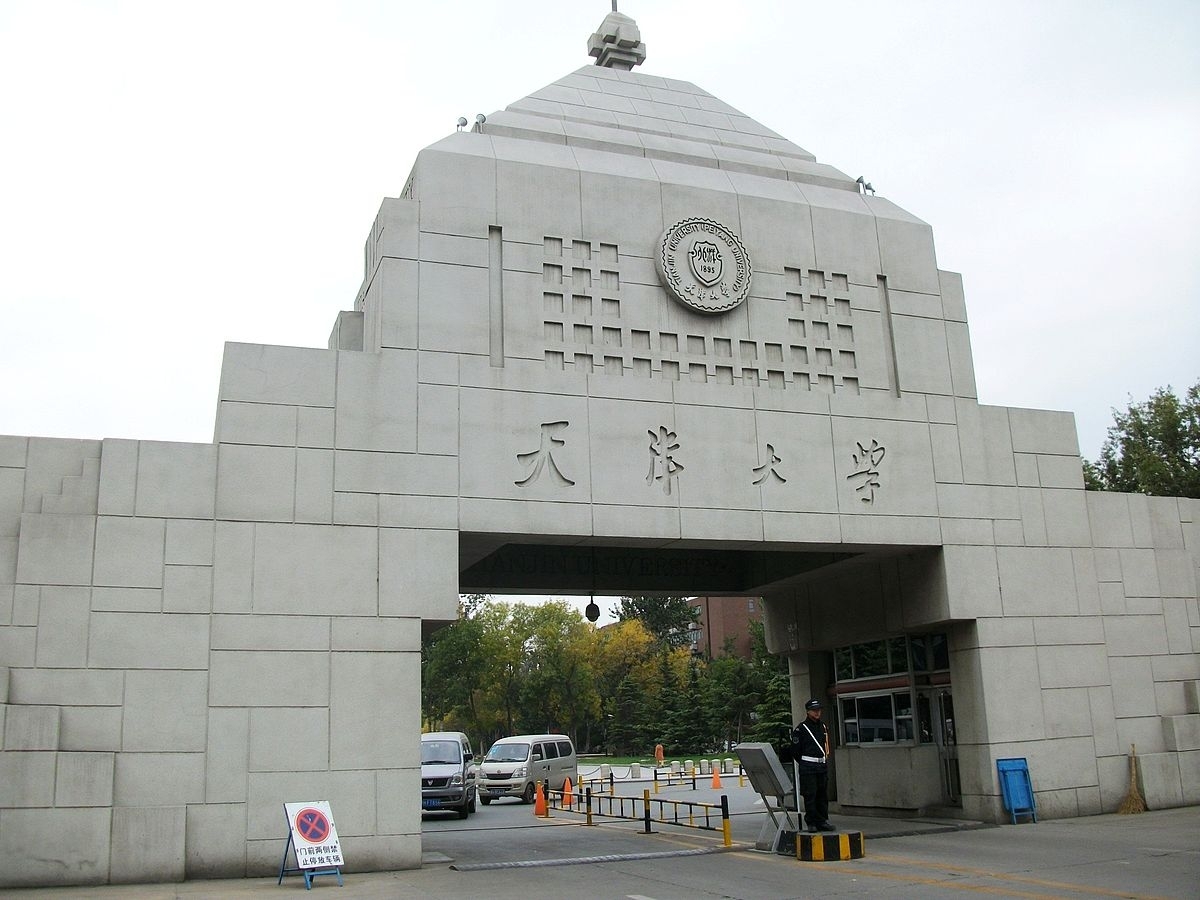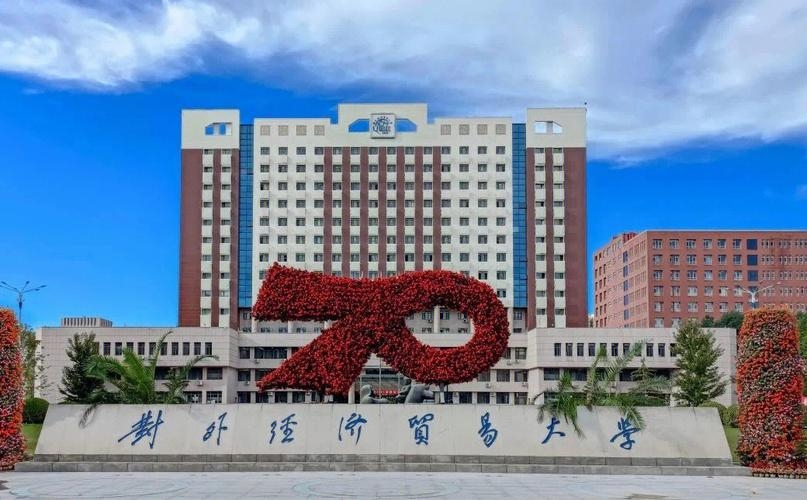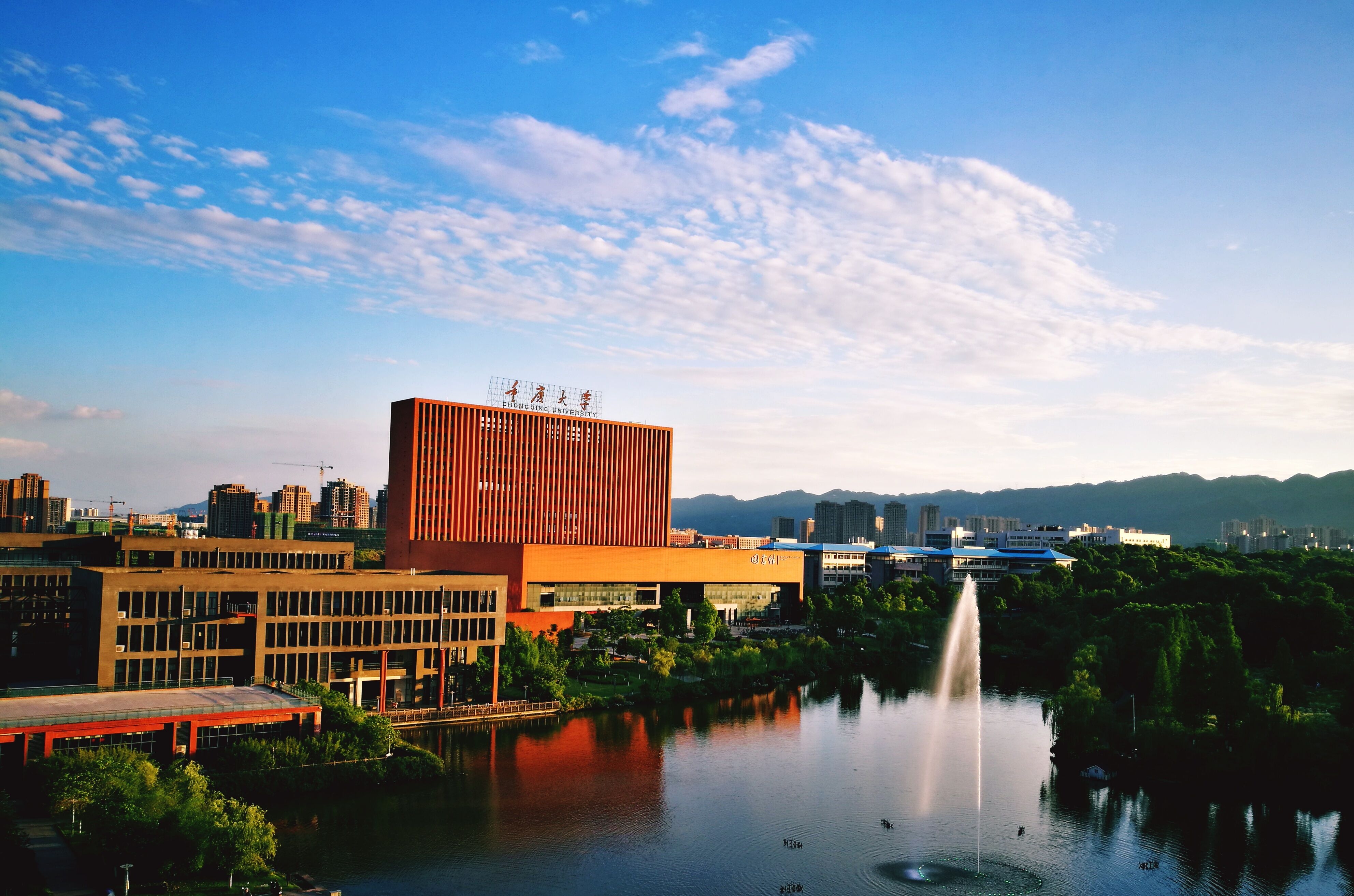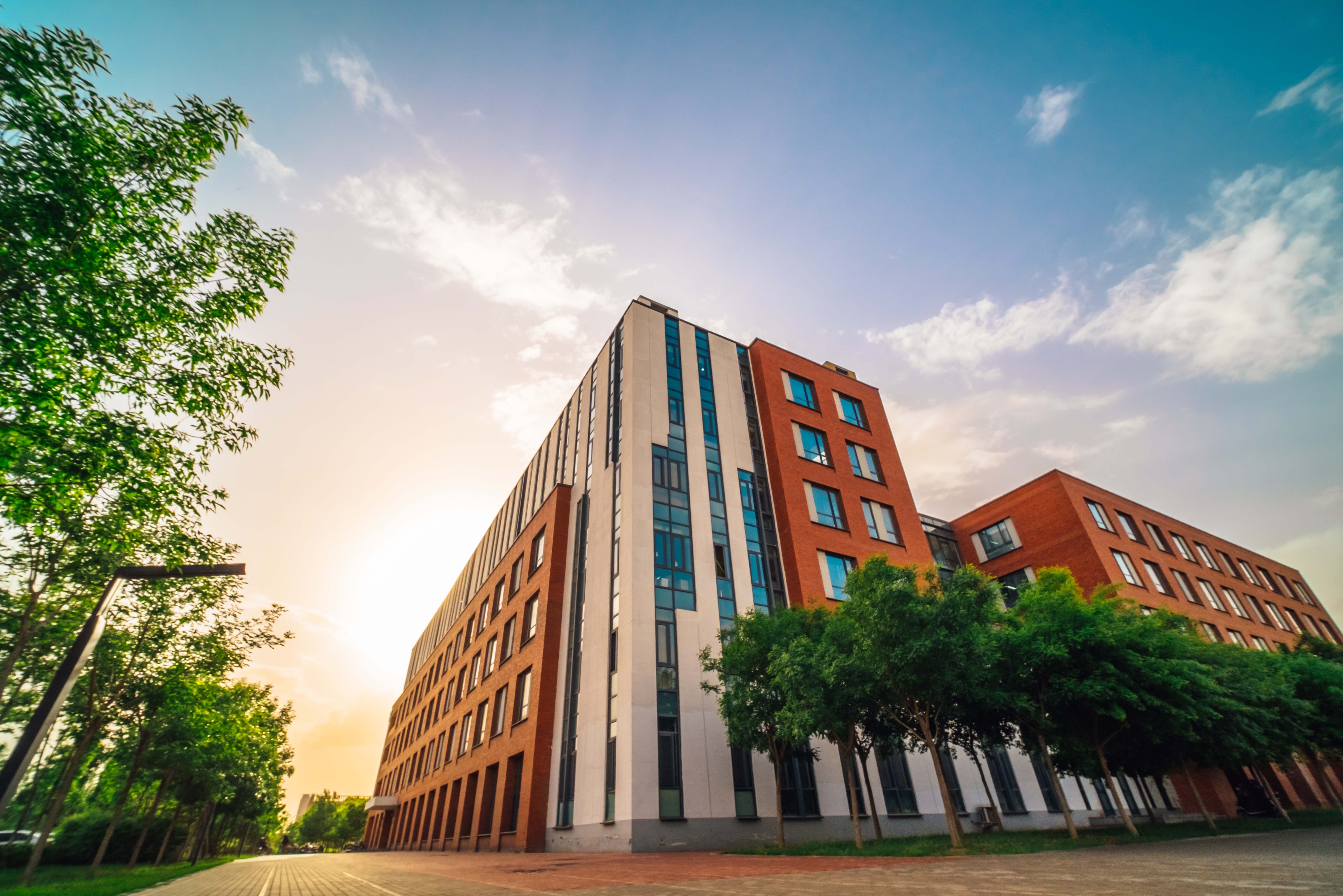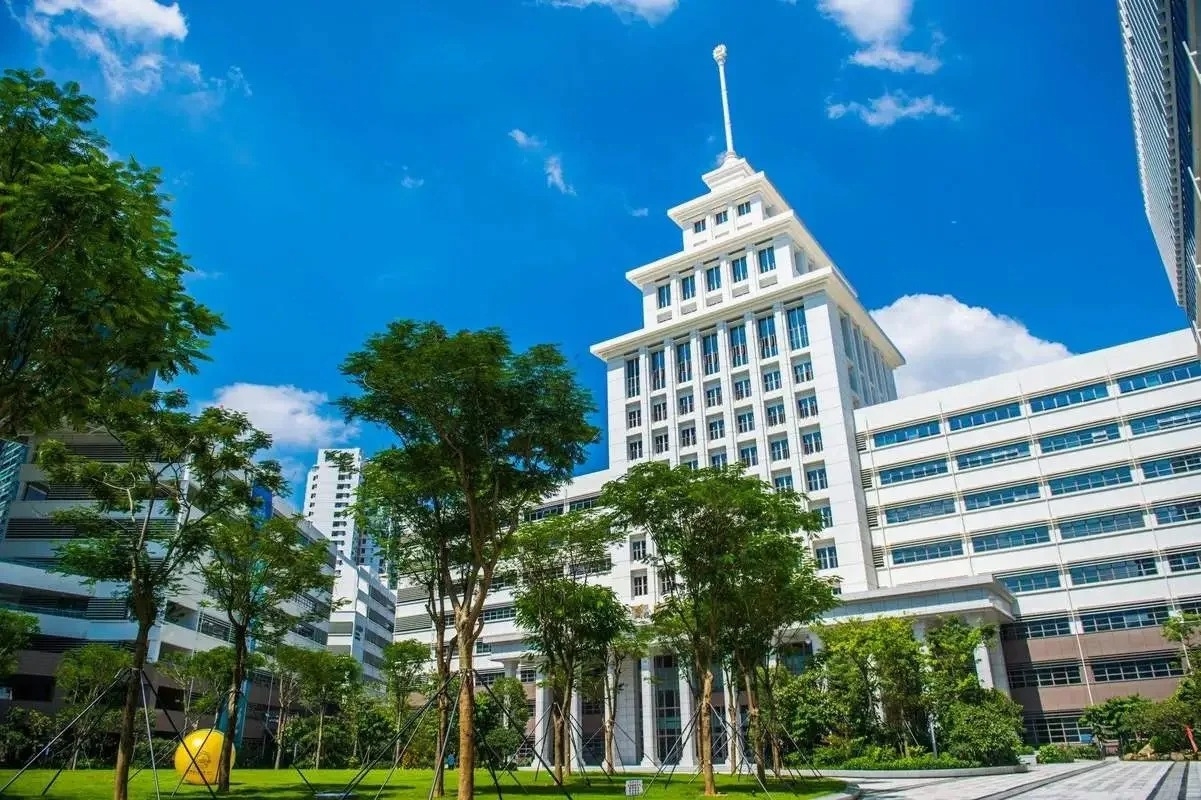SWJTU Brief Profile
Southwest Jiaotong University (SWJTU), founded in 1896, is one of China’s oldest and most prestigious universities, renowned as the "cradle of China’s railway engineers" and the "Cornell of the East." It is the birthplace of modern education in transportation, mining & metallurgy, and civil engineering in China, having evolved through various names such as the "Imperial Chinese Railway College at Shanhaiguan" and "Tangshan Jiaotong University."
Over its more than 120-year history, SWJTU has endured 18 relocations due to war and upheaval, steadfastly upholding its mission of "educating talents for national rejuvenation." It has graduated nearly 300,000 students, including 57 academicians, three recipients of the "Two Bombs, One Satellite" Meritorious Award, and nine national engineering design masters. Notable alumni include Mao Yisheng, who designed the Qiantang River Bridge, and the university has been praised by late leader Deng Xiaoping for its historic contributions.
Located in Chengdu, Sichuan Province, SWJTU spans approximately 333 hectares across three campuses—Jiuli, Xipu, and Emei. It is a key national university in the "211 Project" and the "985 Project Innovation Platform" for rail transit. The university features a government-approved Graduate School and leads the "Rail Transit Safety Collaborative Innovation Center," part of the national "2011 Plan." It is a pioneer in the "Excellent Engineer Education and Training Program" and offers 75 undergraduate majors (12 national key specialties), 15 first-level PhD disciplines, 43 master’s disciplines, and 10 postdoctoral research stations.
SWJTU excels in engineering, particularly in transportation, which ranks first nationally, along with leading programs in mechanical, electrical, civil, and geomatics engineering. Its faculty includes 12 academicians (CAS and CAE), 13 "Changjiang Scholars," and numerous national-level experts. Over 40 academicians serve as part-time professors, and Nobel laureates such as Robert Mundell and Douglas Osheroff have been honored as guest professors
The university has played a pivotal role in China’s railway development, contributing to landmark projects like the Beijing-Zhangjiakou Railway (China’s first self-designed railway), the Baoji-Chengdu (first electrified railway), Chengdu-Kunming, and Qinghai-Tibet Railways. It developed China’s first diesel and electric locomotives and the world’s first manned high-temperature superconducting maglev train. SWJTU is deeply involved in all Chinese metro systems, major bridges (e.g., Hangzhou Bay and Donghai Bridges), and high-speed rail lines like the Beijing-Shanghai HSR.
SWJTU emphasizes innovation and student development. It has won six national teaching achievement awards and leads in student competitions—its graduate students won first prize at the 8th World Congress on High-Speed Rail, defeating teams from MIT and TUM. Undergraduates actively participate in innovation programs and have won hundreds of national and provincial awards.
Internationally, SWJTU collaborates with 166 institutions in 54 countries, including Cornell and TU Munich. It hosts over 600 international students, many on Chinese Government Scholarships, and runs a Confucius Institute with Sweden’s Karlstad University. It also trains all of China’s high-speed rail drivers.
The university hosts top-tier research platforms, including the State Key Laboratory of Traction Power and the Rail Transit National Laboratory. From 2011–2012, it undertook nearly 2,700 research projects, winning over 100 national and provincial science and technology awards, including multiple National Science & Technology Progress Awards.
SWJTU is committed to national strategies such as the Belt and Road Initiative and the Yangtze River Economic Belt. It supports regional development and higher education in Tibet and hosted the "Globalization Strategy Summit of China’s High-Speed Railway" in 2013.
With a rich cultural heritage, SWJTU preserves rare historical texts and promotes campus culture through museums, lectures, and student-led creative works. It aims to become a world-class research university, advancing innovation, talent cultivation, and China’s global leadership in rail transit and engineering.

